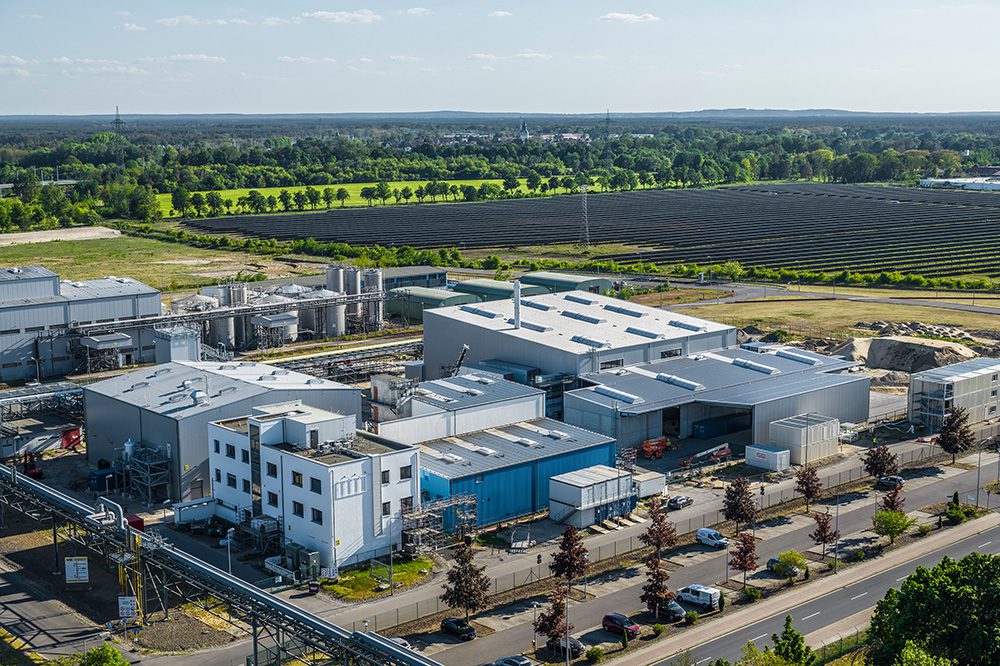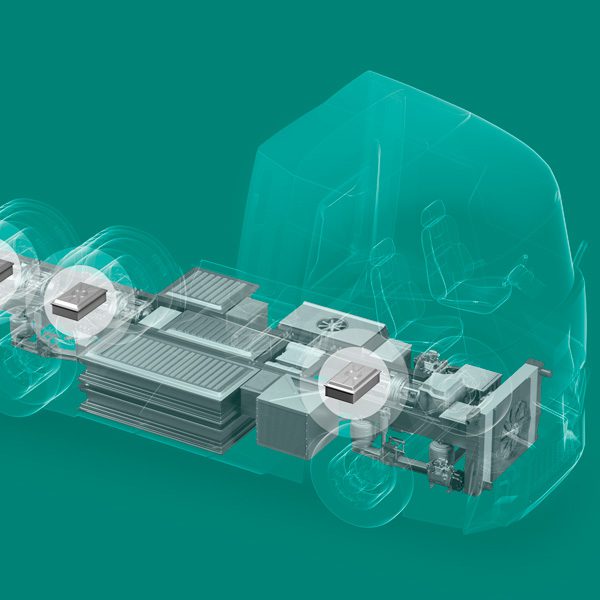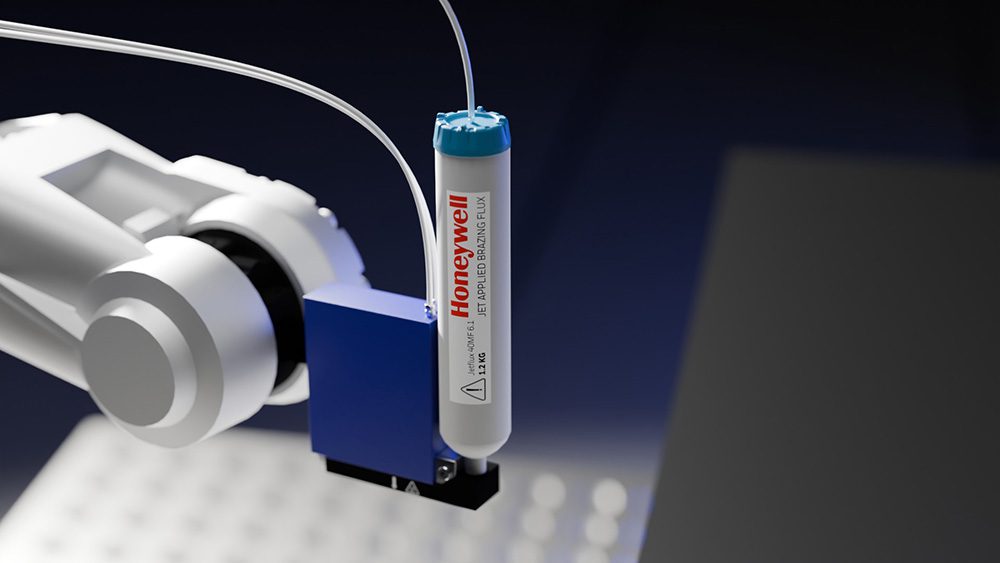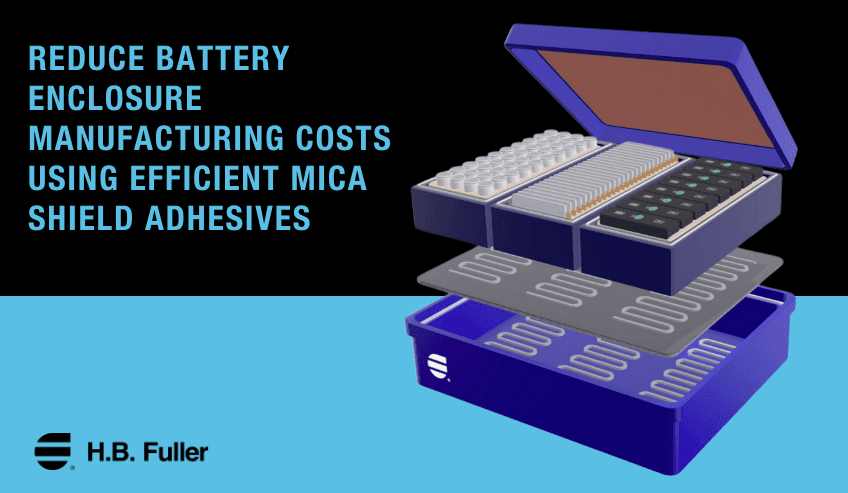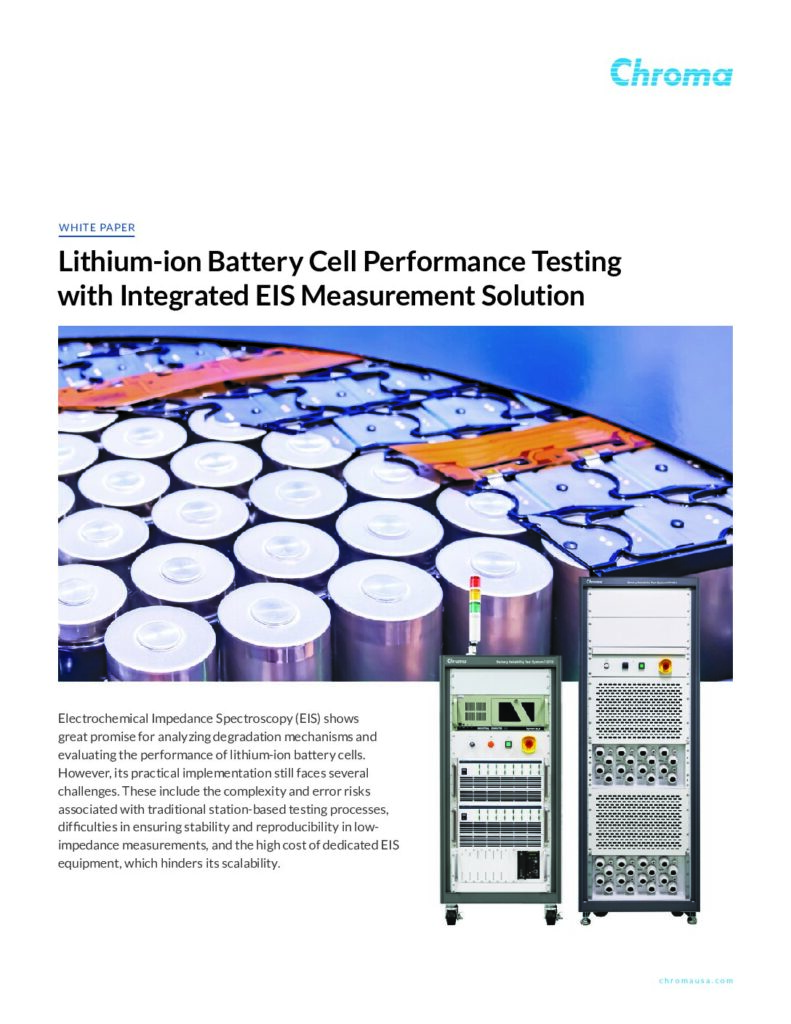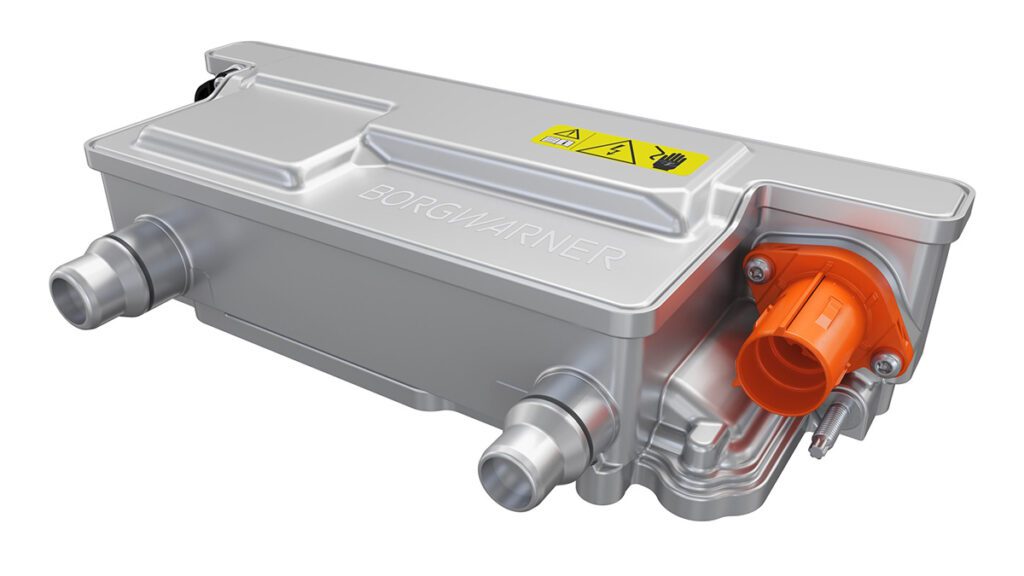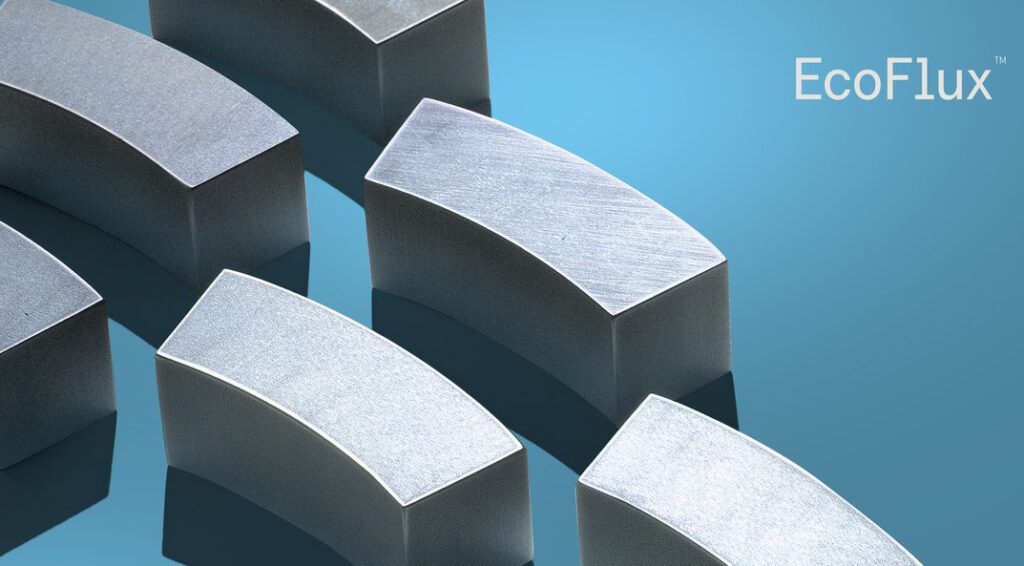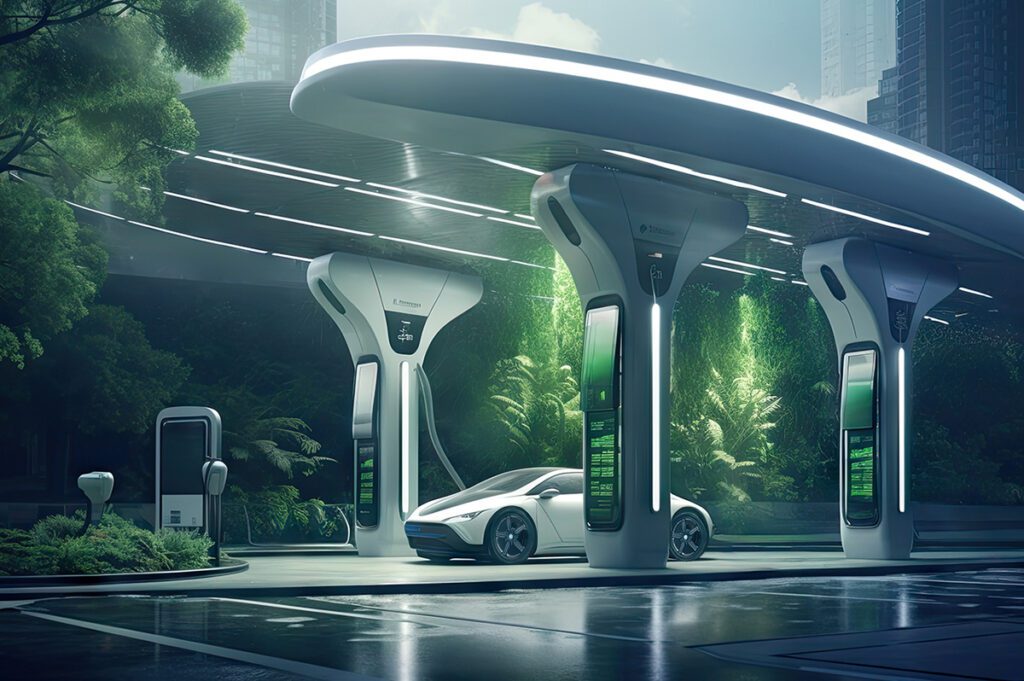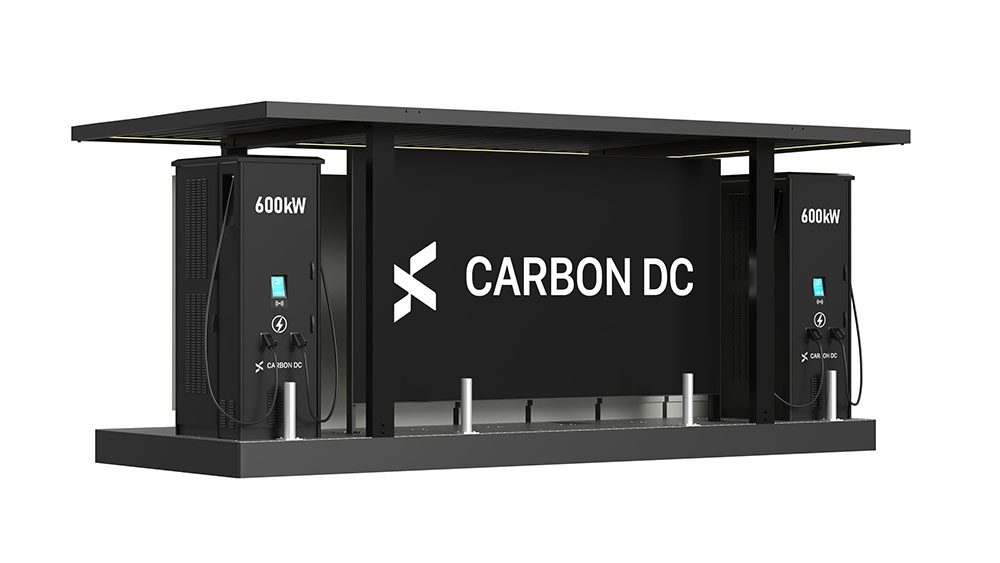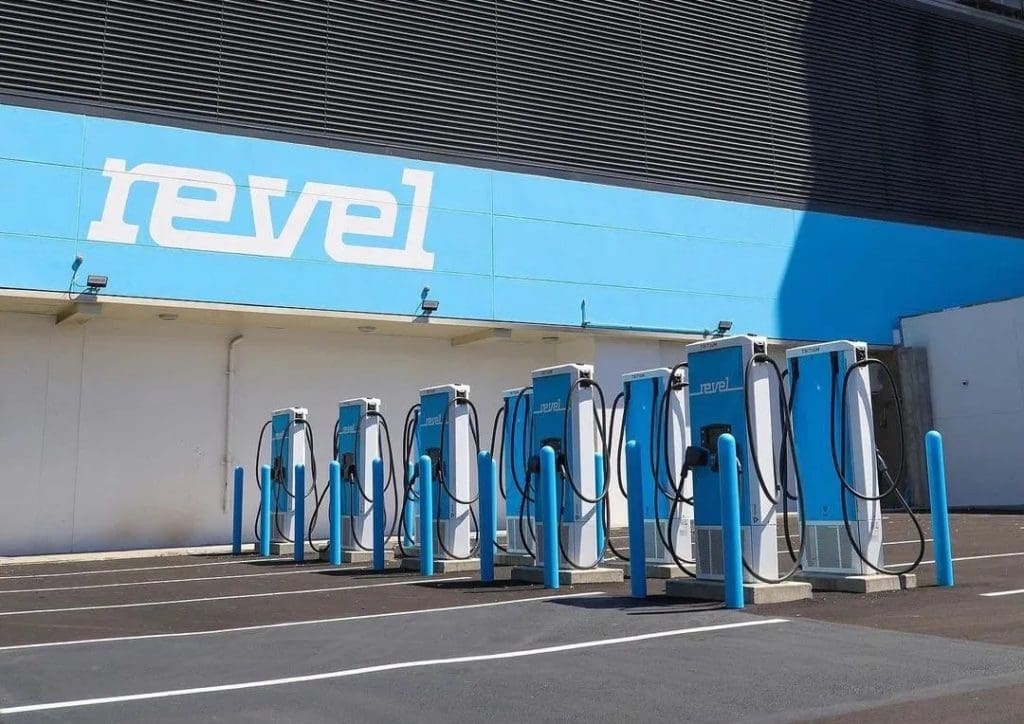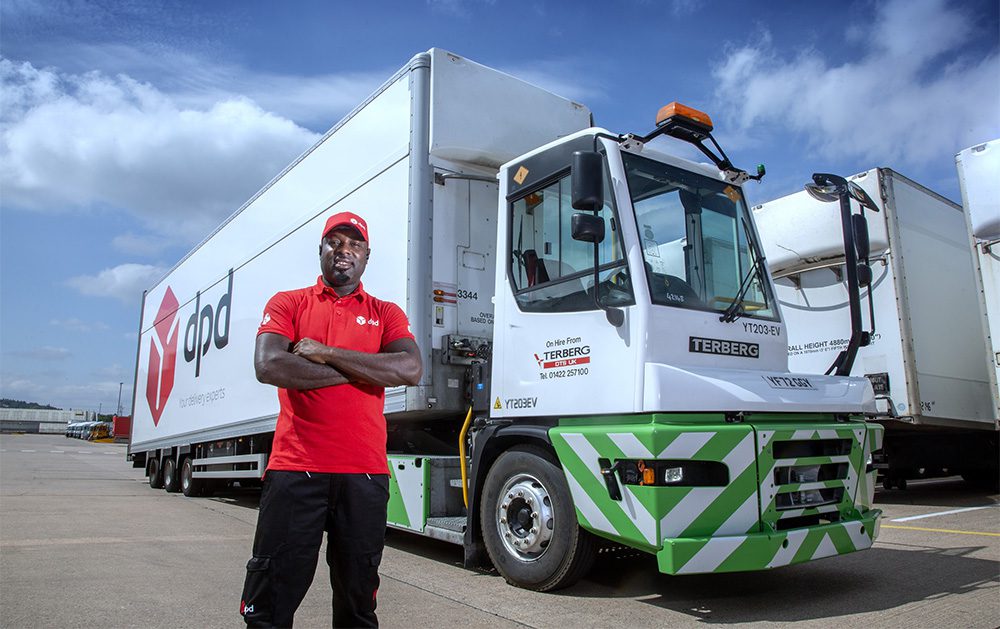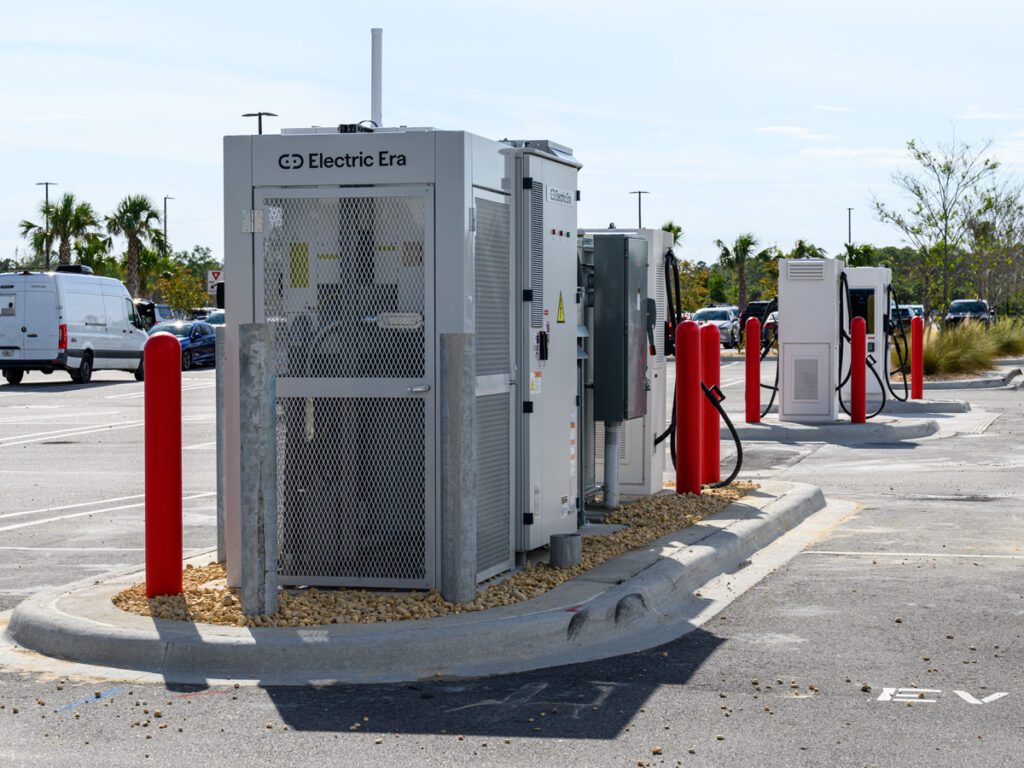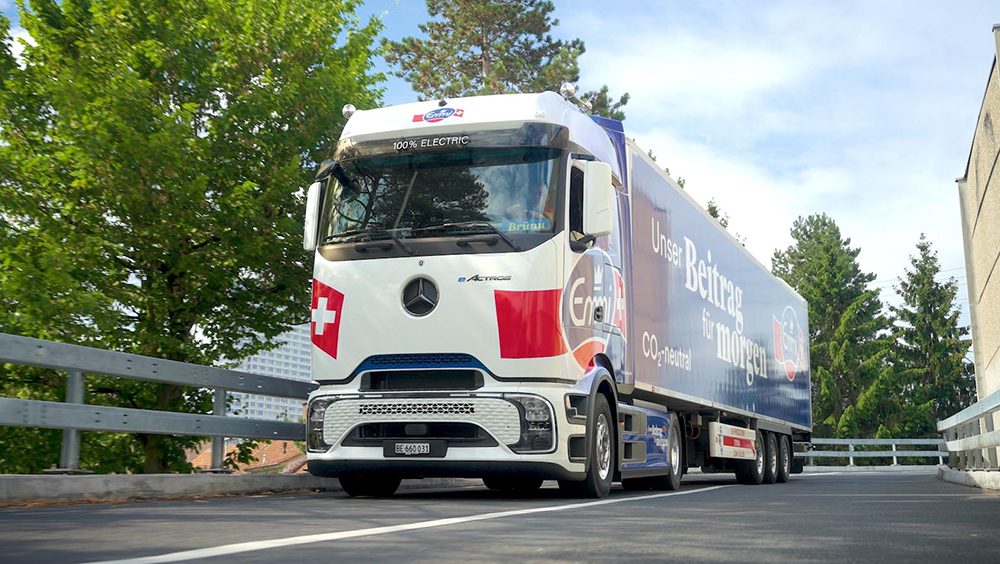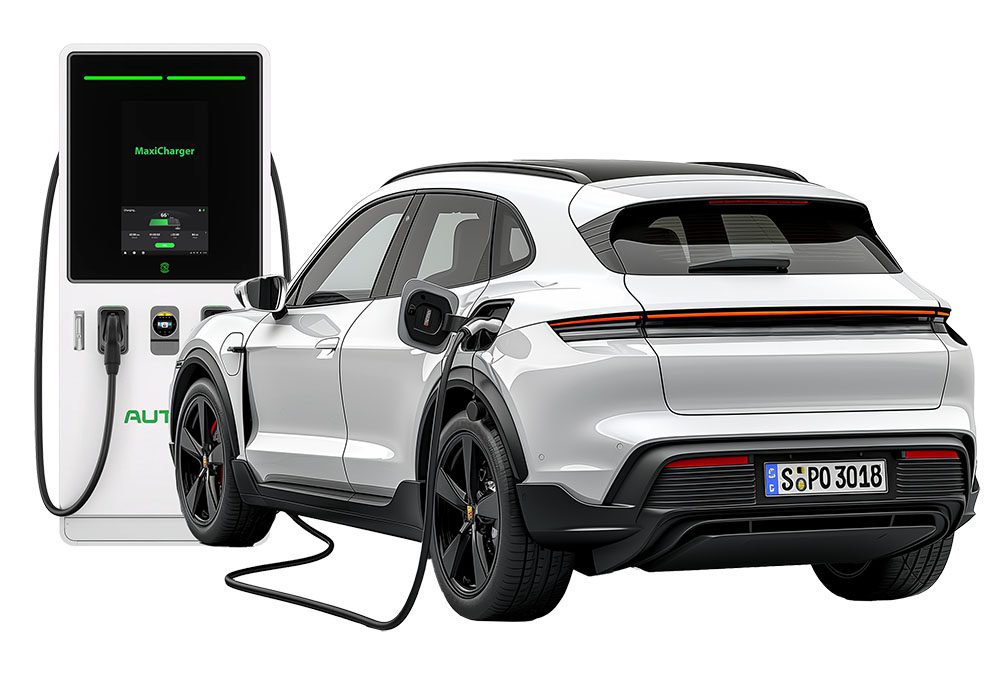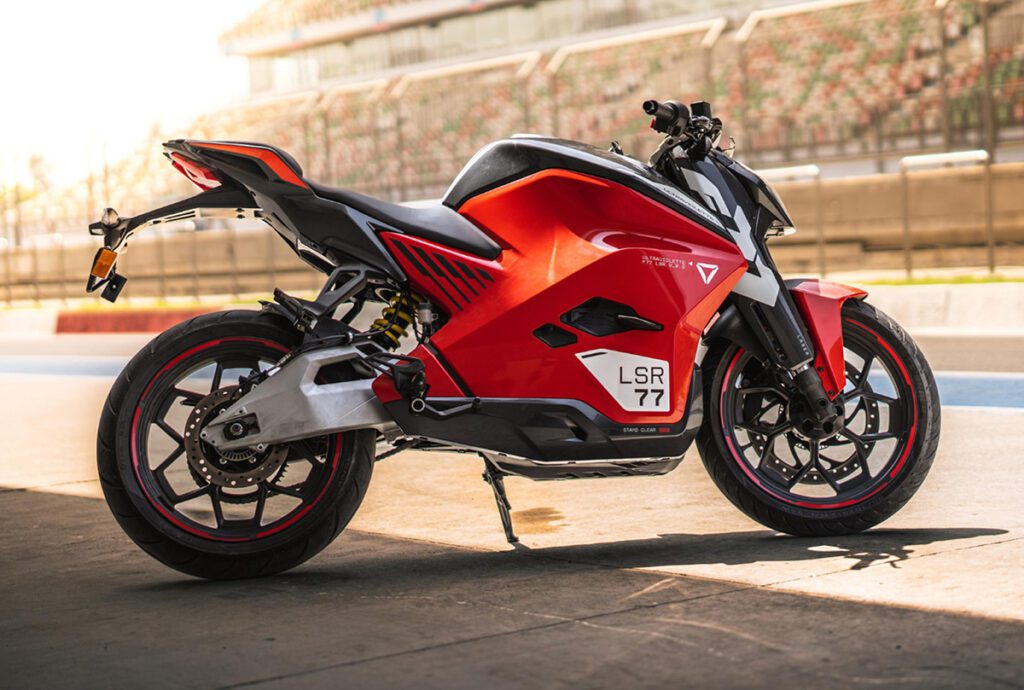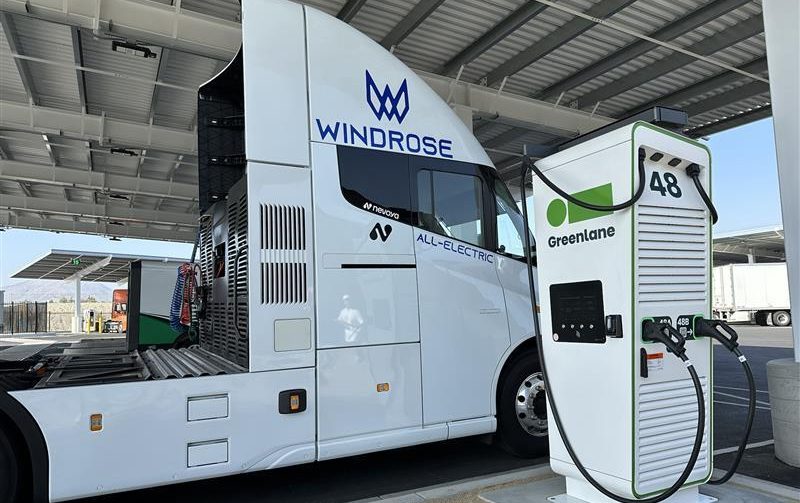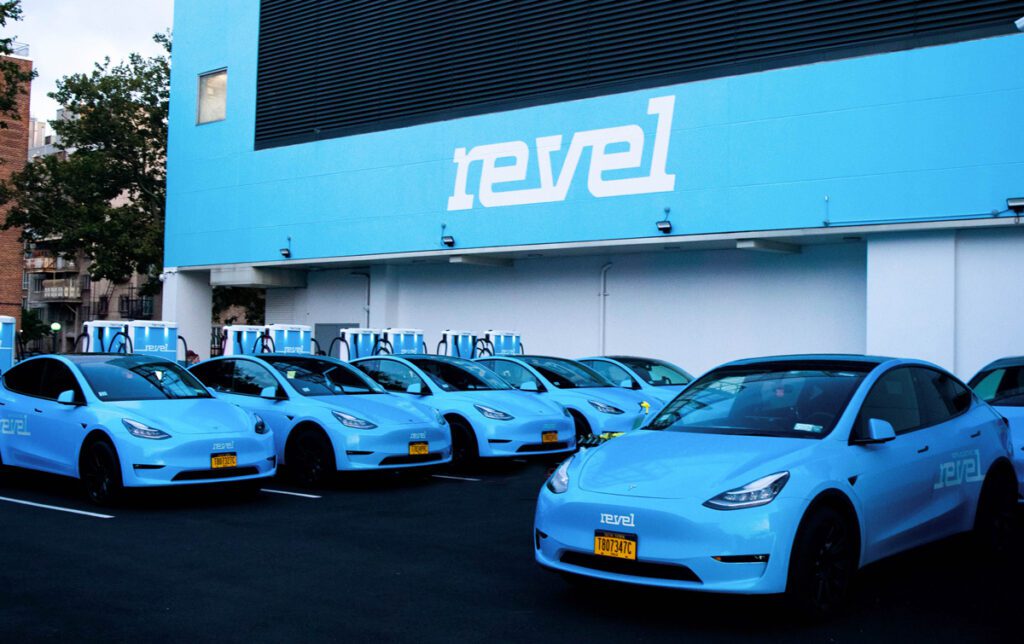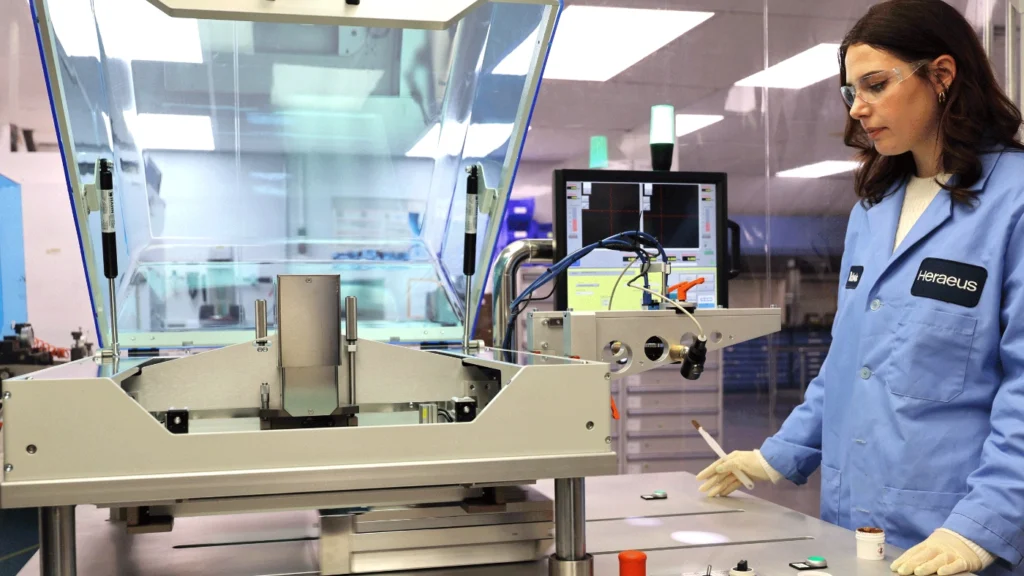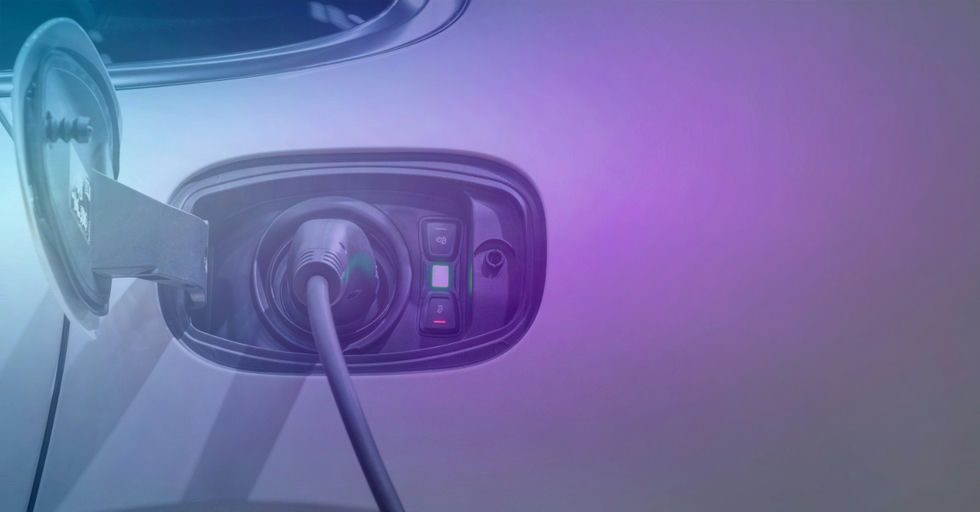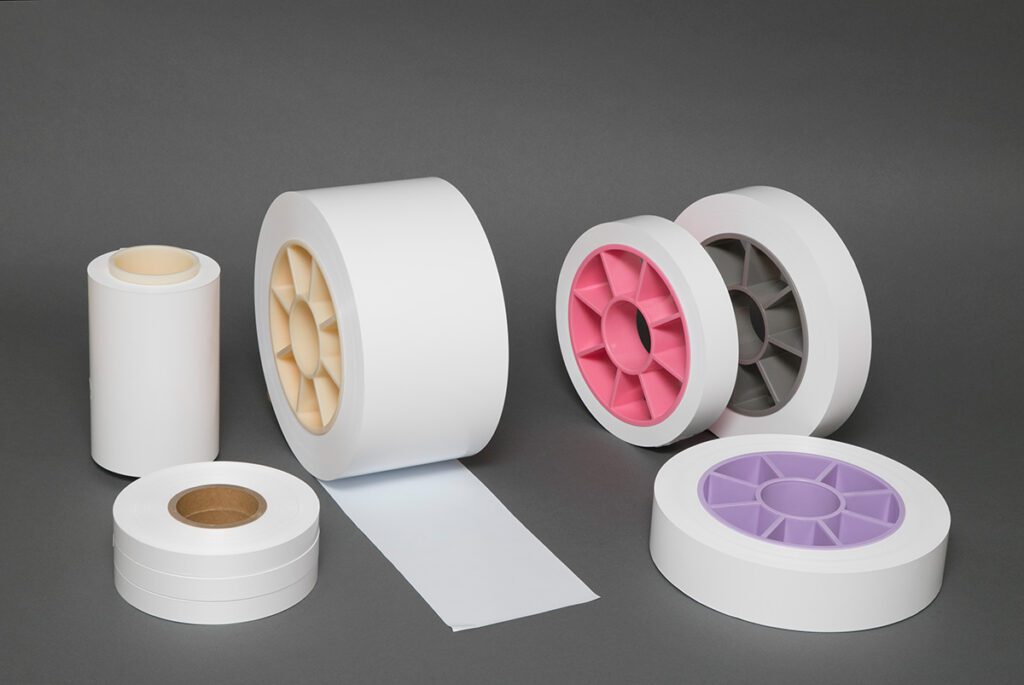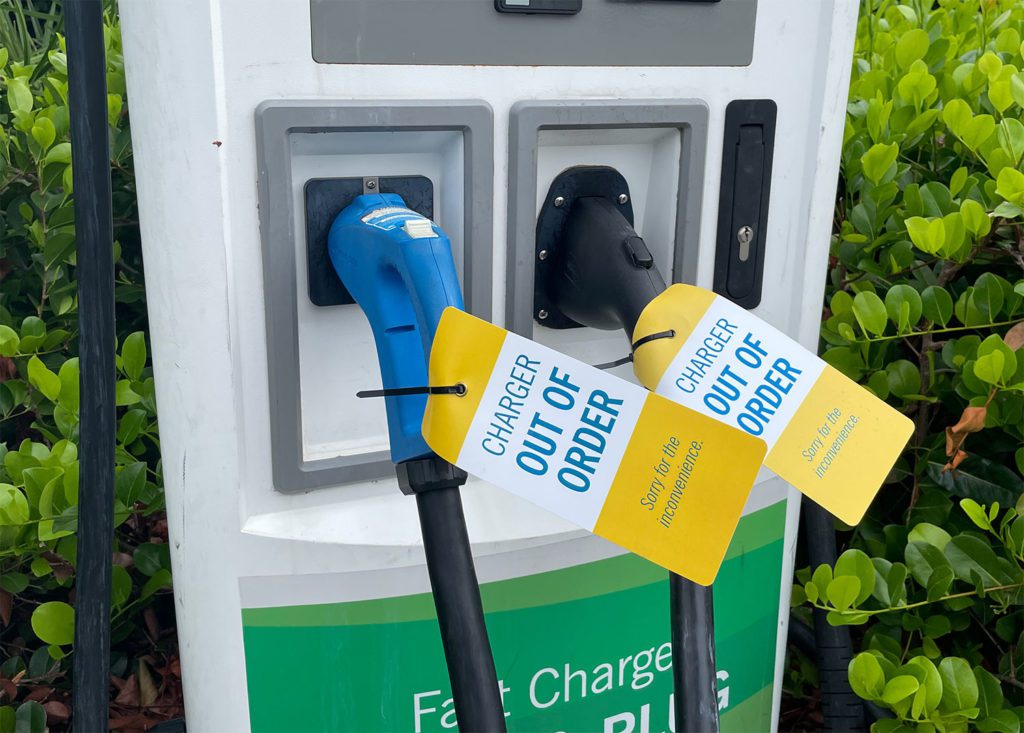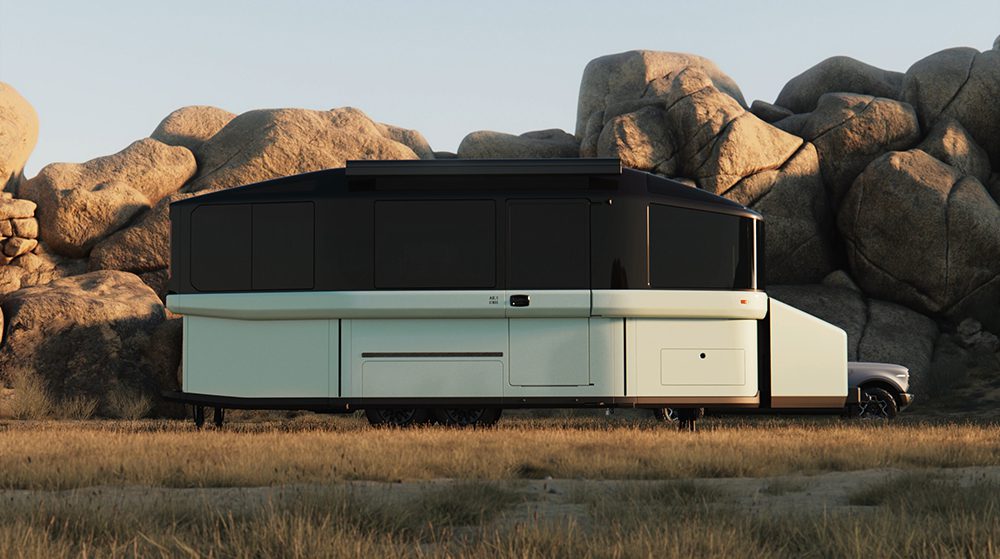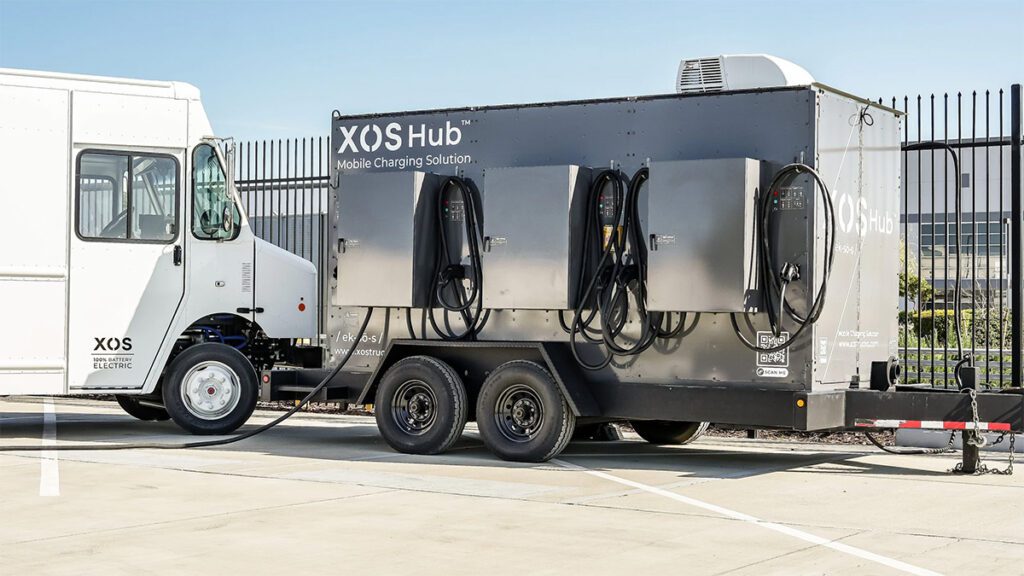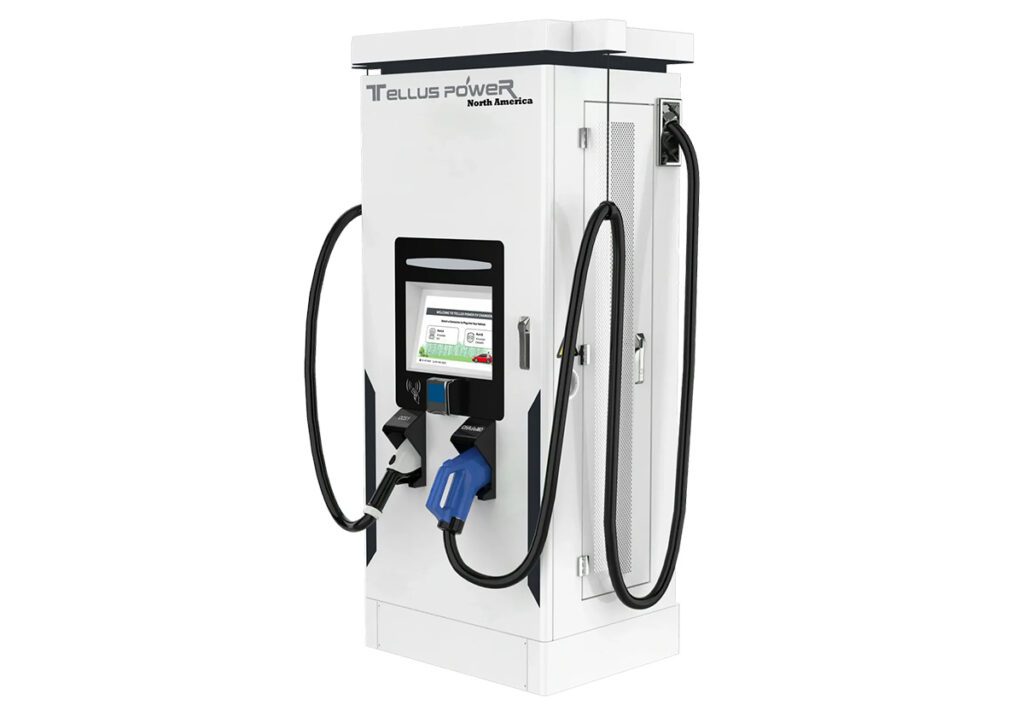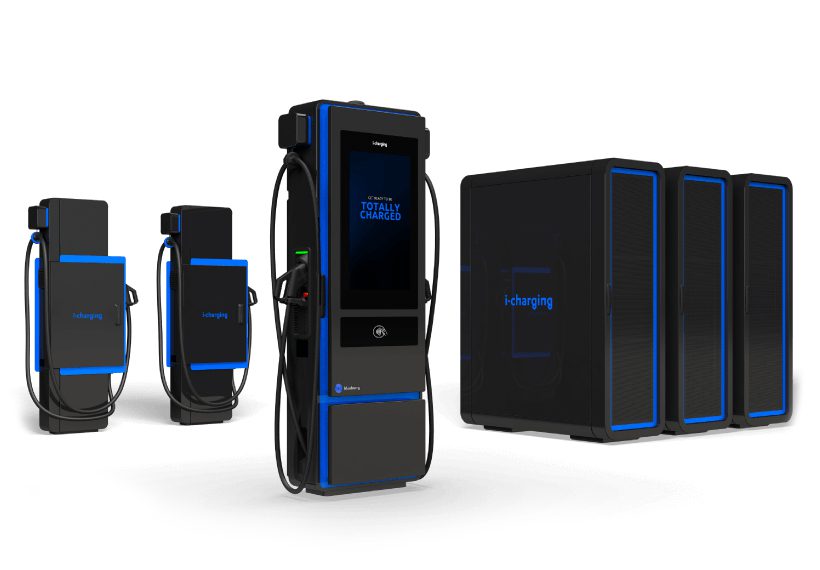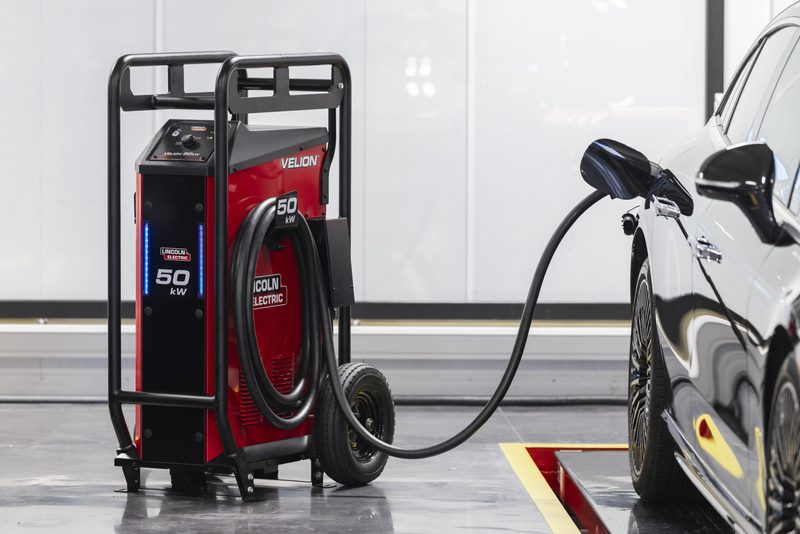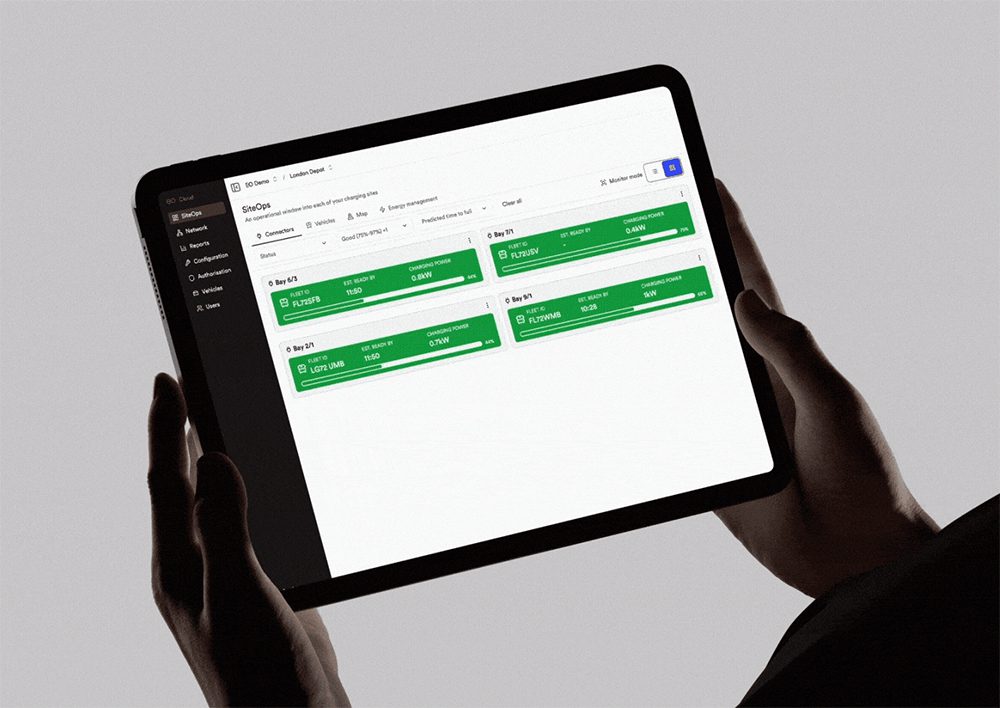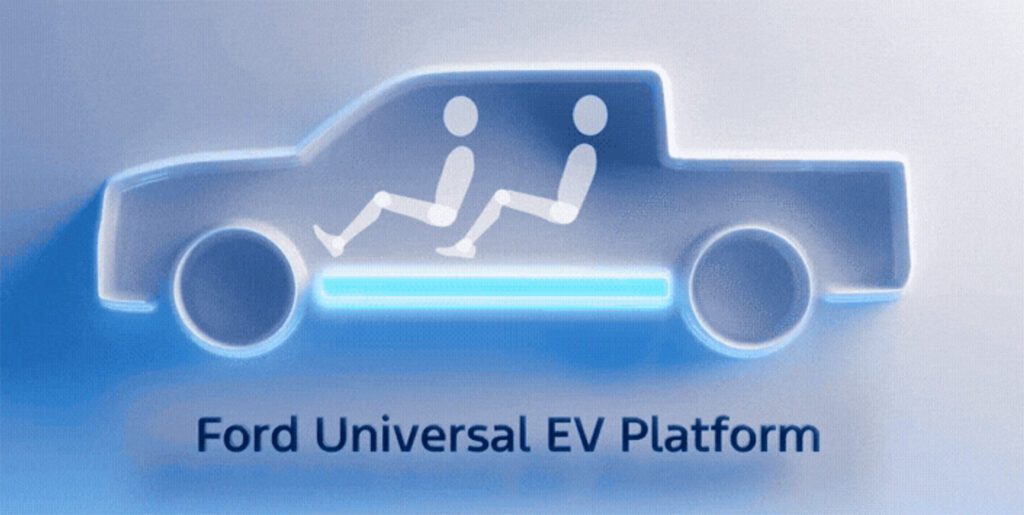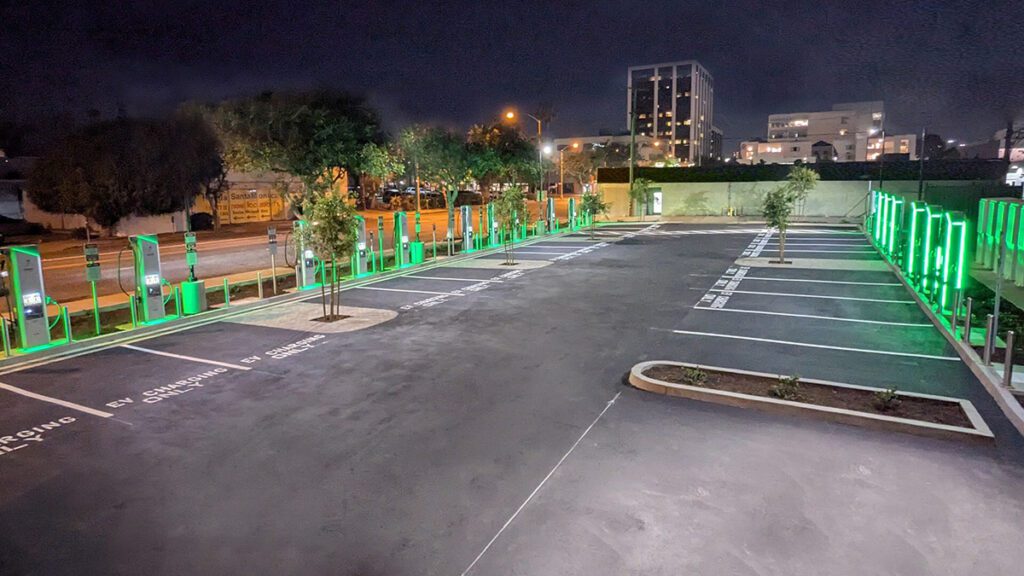German chemical company BASF has started the commercial operation of its battery black mass recycling plant in Schwarzheide, Germany.
The facility has an annual processing capacity of up to 15,000 tons of end-of-life lithium-ion batteries and production scrap. This is equivalent to 40,000 electric vehicle batteries per year.
The black mass contains high amounts of key metals used to produce cathode active materials (CAM), namely lithium, nickel, cobalt and manganese. These metals can be chemically recovered and used to produce new CAM, enabling circular supply chains.
BASF’s offering in Europe covers all steps along the battery recycling value chain, from collecting end-of-life batteries and production scrap, discharging and dismantling, black mass production and refining. BASF also operates fully automated CAM production, a prototype metal refinery for battery recycling, and a black mass storage facility in Schwarzheide.
“The battery materials and recycling industry remains one of the most significant growth opportunities in the chemical industry and for BASF Battery Materials. It will become a cornerstone of our offerings to our customers to increase raw material self-sufficiency and comply with the EU Battery Regulation,” said Dr. Daniel Schönfelder, President of BASF’s Battery Materials division. “The new Black Mass plant strengthens our position as the preferred battery recycling partner for customers along the entire battery recycling value chain in Europe.”
Source: BASF




